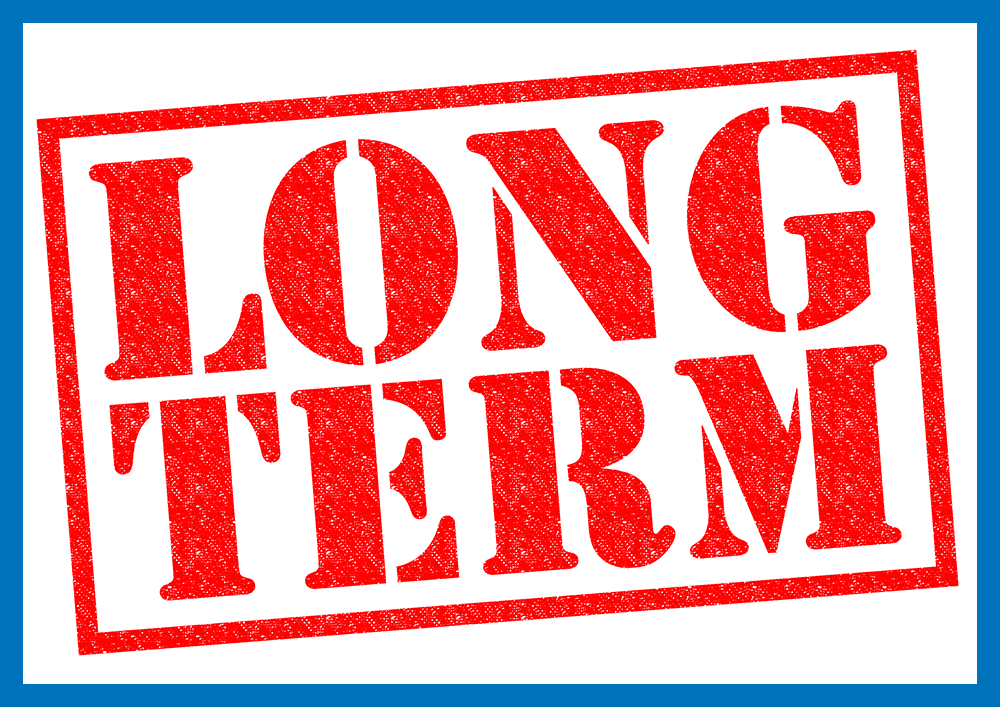If you’ve hit the big 4-0, time, not money, is the most important factor when it comes to saving and investing for retirement.
Your 40s are a pivotal decade for retirement planning. You’re likely in peak earning years. Your children may be heading off to college, and the idea of retirement shifts from a distant concept to a looming reality. Making strategic financial decisions is crucial to secure your future.
At CKS Summit Group, we understand the importance of effective retirement planning and are here to help you navigate potential pitfalls. Today, we’ll shed light on the common retirement planning mistakes people make in their 40s and offer guidance on how to avoid them.

One of the most common mistakes people make in their 40s is needing to save more. According to the 2023 Fidelity report, Americans have saved only 78% of the amount they’ll need in retirement. With many years before retirement age, your 40s is the ideal time to put money aside.
The rule of thumb is to save at least 15% of your pre-tax income each year for retirement. If that’s not feasible, save as much as possible and aim to increase your savings rate over time. As we delve deeper into the complexities of financial planning, you’ll notice another commonly overlooked aspect—long-term care.


Long-term care can include home care services, assisted living, adult day care services, and nursing home care. It’s essential to understand that these services extend beyond medical care and include assistance with basic personal tasks of everyday life.
48% of people turning 65 today will need some paid long-term care service in their lifetime. These costs are subject to increase with inflation and varying living costs in different regions. Therefore, planning for long-term care is not just about ensuring the quality of life but also about protecting your retirement savings from rapid depletion.
In your 40s, it’s essential to start considering healthcare costs as a part of your retirement plan. Look into health savings accounts (HSAs) and long-term care insurance as potential solutions to manage these expenses. Planning for long-term care can be complex, so consider working with a financial advisor. A financial advisor can help you navigate these complexities and tailor a plan for your needs and circumstances. Another critical area that demands attention in your 40s is tax-efficient retirement savings.


Regarding retirement planning, one of the critical aspects that many people overlook is the importance of tax efficiency. While most individuals understand the need to save for retirement, the role of taxes in eroding those savings is rarely considered. Failing to structure your retirement savings tax-efficiently could significantly decrease the amount of money available during your golden years.
Saving for retirement is not just about how much you save but also how you save. Overlooking tax-efficient retirement savings could mean leaving money on the table. Understanding and leveraging tax laws can optimize your retirement savings and help ensure a more comfortable and secure retirement. Now, let’s turn our attention to another often-ignored aspect—inflation.

Inflation can erode the purchasing power of your retirement savings over time. If you’re not accounting for inflation in your retirement plan, you might have less money than you need in your golden years.
A diversified investment portfolio that includes a mix of stocks, bonds, and real estate can help your savings keep pace with inflation. Consulting with a financial advisor can help you construct an inflation-proof retirement plan. Let’s shift gears and discuss the importance of setting clear retirement goals.

Many people in their 40s still need to define retirement goals. Do you want to travel the world? Pick up a new hobby or move to a new city? Your goals will influence how much you need to save for retirement. Take the time to articulate your retirement vision and calculate how much it will cost. Consulting with a financial advisor can help you translate your goals into a concrete financial plan.


While it’s natural to want to support your children’s education fully, it shouldn’t come at the expense of your retirement savings. Remember, loans, scholarships, and grants are available for college, but the same options don’t exist for retirement.
If possible, contribute to a 529 college savings plan for your child’s education while saving for retirement. Speak to a financial advisor to balance these two important financial goals. Now, let’s move on to estate planning.

Everyone, especially those in their 40s, should consider how their assets will be distributed after death. Not having a proper estate plan could lead to family disputes, or your assets might not be distributed as you wish. Begin by creating a will and considering whether trusts are appropriate for your situation. As your estate grows, revisit and revise your plan as necessary. Lastly, let’s discuss the importance of regularly reviewing your retirement plan.

Finally, your retirement plan is not a ‘set it and forget it’ type. Regular reviews and adjustments are needed as your income, lifestyle, and market conditions change. Make it a habit to review your retirement plan at least once a year or after any major life event. A financial advisor can be invaluable during these reviews, helping you make necessary adjustments and keeping you on track to meet your goals.

In the grand scheme of your financial journey, your 40s represent a pivotal period where strategic financial decisions can significantly impact your retirement. Avoiding these common retirement planning mistakes will provide you with a secure financial future and peace of mind as you transition into your golden years.
At CKS Summit Group, we are committed to helping you navigate the complex landscape of retirement planning. Our team of financial advisors can provide personalized advice tailored to your unique circumstances and goals. Remember, the best time to start planning for your retirement was yesterday. The second best time is now.
Start the conversation with us and set up your complimentary strategy session today.



